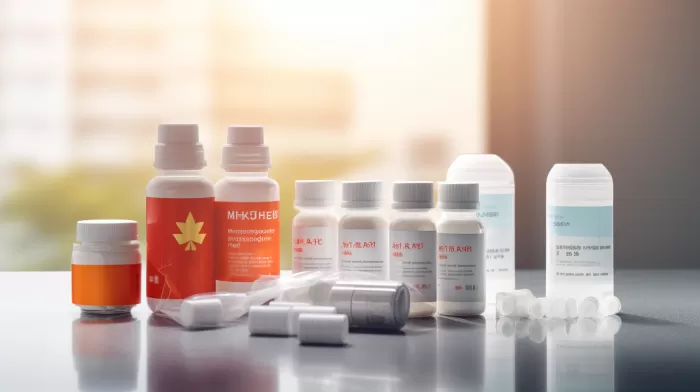Have you ever stopped to think about just how many items you purchase from China? It might be time to start, especially when it comes to pharmaceutical drugs. Experts are raising concerns about the dangers that have gone undetected in medications as a result of research conducted in China. According to a report in The New York Times, major drug companies such as GlaxoSmithKline have ignored warnings about Chinese research on their medications for years.
Pharmaceutical research in China
Over the past seven years, 13 of the top 20 big pharma firms have opted to conduct research in China due to its lower costs. However, Eric G. Campbell, a professor of healthcare policy at Harvard Medical School, cautions that “with cheaper research comes greater risk.”
As the cost of healthcare research continues to rise worldwide, many pharmaceutical companies find it increasingly difficult to balance economic considerations and safety protocols. China offers an attractive alternative in this regard due to its ability to provide faster and cheaper research solutions.
Compromising safety for profits
One alarming issue that has emerged from this practice is the lack of safety information about drugs during their development before they undergo human testing. For example, a drug called ozanezumab, designed to treat Lou Gehrig’s disease and multiple sclerosis, had been tested on humans before the results of six lab studies were analyzed.
Arthur L. Caplan, the head of the division of medical ethics at New York University Langone Medical Center, has served as an advisor to Glaxo, and asserts, “No one could approve human trials without having that information available, scientifically or ethically. That’s kind of a Rock-of-Gibraltar-sized ethics violation.”
A troubling lack of oversight
Despite these glaring ethical red flags, approvals for these drugs have still managed to go through. Furthermore, Chinese regulators have accused Glaxo of bribery and corruption. They allege that the pharmaceutical giant collaborated with travel agencies to bribe doctors and government bureaucrats to increase drug sales. Other drug companies are also under investigation.
This lack of oversight and focus on profit above safety within the pharmaceutical world poses a real danger – not just to the companies themselves, but to the patients who rely on these medications. The more shortcuts are taken in the research and development process, the more likely it is that unsafe and unproven drugs will make it to market.
What needs to change?
So, just how big of a problem is this, and are there any solutions? Clearly, there is a desperate need for greater transparency and increased regulation during the clinical trial and drug approval process in China. As consumers of pharmaceutical products, we should demand the highest standards of safety, efficacy, and ethics from the companies that produce these medicines. This starts with proper oversight, stringent analysis of research data, and a true commitment to prioritizing patients’ best interests above capital gains.
In addition, the pharmaceutical industry must find sustainable ways to reduce drug development costs without compromising on safety or quality. As the global demand for new treatments continues to grow, innovation and collaboration will be key in driving down research costs and ensuring that affordable and safe medication reaches those who need it most.
What can you do?
As individuals, it is essential that we remain aware of the origins of our medications and the research process behind new drug developments. We should also consider supporting organizations that advocate for patient rights and promote ethical pharmaceutical practices.
By staying informed, demanding better practices from pharmaceutical companies, and pushing for increased regulation, we can work together to ensure safer medications for everyone. At the end of the day, good health is something we should all be able to rely on, and the shortcuts being taken in the pharmaceutical industry are putting us in an increasingly dangerous position.
So the next time you open your medicine cabinet, take a moment to consider the significance of what you see. Your everyday medications have a complex backstory, and it’s vital that we understand the importance of questioning who we trust and holding them accountable.



